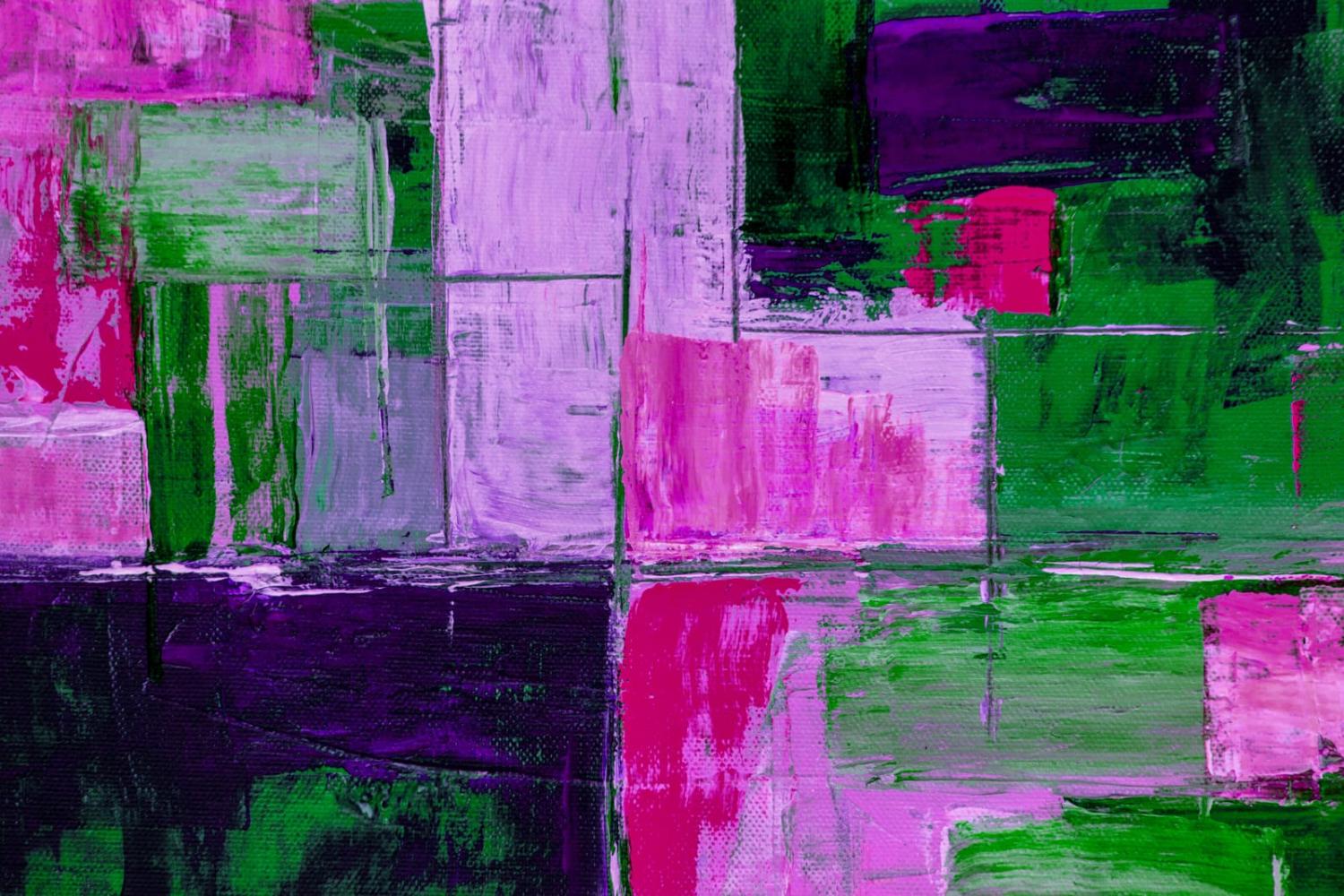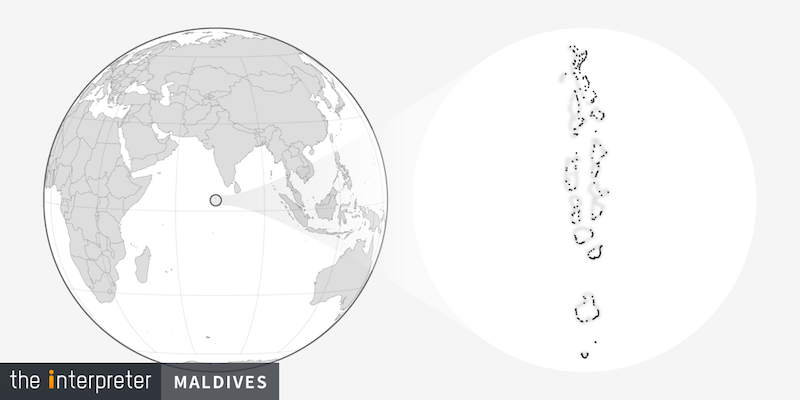Finding the right balance for foreign partnerships will
mean hard choices. Here are some practical first steps.

On 30 September, Mohamed Muizzu won a convincing victory in the Maldives Presidential elections, where one of the issues was Maldives’ close security relationship with India. Now the incoming Muizzu government will have the job of recalibrating the relationship with India to account for parts of the Maldives public concerned about being dominated by their huge neighbour, yet in a way that doesn’t compromise Maldives’ interests.
Muizzu has declared that Maldives will have a “pro-Maldives” foreign policy strategy. During the pre-election campaign, Muizzu pledged to send a small contingent of Indian military personnel home, which he reiterated after the election.
But these things are often easier said than done, and Muizzu may face some difficult choices. Although the “India-Out” slogan may have played well with parts of the electorate, the scope of Indian maritime security assistance to Maldives is considerable. Maldives will likely continue to pursue security arrangements with India that fit the “pro-Maldives” strategy.
Maldives is an island state with a population of just 500,000 people. It has a maritime jurisdiction of archipelagic waters and exclusive economic zone of more than 900,000 square kilometres that is vital to the country’s prosperity. But properly governing this huge maritime space is well beyond its capabilities. The government struggles to provide services to isolated communities and activities such as illegal fishing and drug trafficking often go unchecked.
These threats will only be amplified by climate change, which will place significant stresses on local communities through sea level rise, coastal erosion and salinification of groundwater. The social impact of further large-scale migration from the inhabited islands to the country’s capital could be potentially disastrous.
 India has long been Maldives’ primary security partner, and indeed India provides a broad range of assistance to develop Maldives’ maritime security capabilities. But that relationship also comes with a lot of sensitivities. Understandably, for one of the world’s smallest countries, there are concerns about maintaining Maldives’ national identity and autonomy.
India has long been Maldives’ primary security partner, and indeed India provides a broad range of assistance to develop Maldives’ maritime security capabilities. But that relationship also comes with a lot of sensitivities. Understandably, for one of the world’s smallest countries, there are concerns about maintaining Maldives’ national identity and autonomy.
The public concern centres on a small contingent of 75 Indian navy and coast guard personnel that are stationed at Maldives National Defence Force (MNDF) bases at Hanimaadhoo in the north, Kadhdhoo in the centre of the country and Addu Atoll in the south, where they help fly and maintain two helicopters and one Dornier aircraft under the direction of the MNDF. These are used by the MNDF to help monitor the Maldives’ exclusive economic zone, conduct rescue operations and provide medevac services to local communities.
But while MNDF personnel are being trained to operate the aircraft, delays including due to Covid, mean that this training is not yet complete. The precipitate withdrawal of Indian pilots and maintenance personnel would leave the aircraft effectively inoperable.
The incoming administration will need to consider how to address this problem to avoid the country being effectively left without aerial surveillance and medevac capabilities. The incoming government should continue engagement with India to find a solution, such as the staged replacement of Indians with MNDF personnel, that is consistent with Maldives’ long run maritime security capabilities. Speeding up the training of MNDF personnel would be a first step.
More broadly, the new administration could also work to reduce Maldives’ reliance on India through enhancing existing engagements with like-minded countries such as the United States, Japan, the United Kingdom and Australia. Greater public engagement of those countries would reduce perceptions of Indian dominance in security assistance.
India has gifted many vessels and aircraft to the MNDF. In the last few years alone this has included a Fast Patrol Vessel, a Landing Craft Assault Ship (2023), Sea Ambulances (2023), 24 Utility Vehicles (2022), and a Fast Interceptor Boat (2019).
India has also provided a coastal radar system to the MNDF to help maritime surveillance and is helping to conduct a hydrographic survey of the Maldives archipelago, where there is drastic need for new charts – indeed many areas still rely on charts dating back to the 19th century.
India also provides assistance to build defence infrastructure around the country including a new harbour and dockyard for the coast guard near the capital Malé, an MNDF Training Facility, and a proposed new Ministry of Defence headquarters.
There is also ongoing institutionalised engagement. Joint Exercise DOSTI is one of the longest-running exercises undertaken between coast guards from Maldives, India and Sri Lanka. The 2021 edition, held in Maldives, covered capacity-building in maritime search and rescue, humanitarian assistance and disaster relief, marine pollution response and anti-piracy operations.
The framework of the government’s “pro-Maldives” policy will enable the country to peacefully engage with all development partners, including by renewing economic ties with China. In doing so, Maldives will need to navigate its economic and development partnerships in a way that does not undermine its security engagements with India necessary for the maintenance of peace and stability in the Indian Ocean region. Many countries in the region face similar challenges. Australia, for instance, works with China as a major economic partner, while the country’s key security partnerships are with countries such as the United States, United Kingdom, Japan and India.
Maldives already recognises that a safe, secure and stable Indian Ocean is “fundamental for the security of the Maldives”. The incoming government will need to continue ongoing regional security dialogue through groupings such as Colombo Security Conclave and Indian Ocean Rim Association.
Local sensitivity means that the new government will need to recalibrate the country’s security relationship with India to ensure that it is transparent and more on Maldives’ terms. At the same time, the government will need to be careful not to let public perceptions damage Maldives’ broader interests. India is the major provider of regional security and has also been the principal source of assistance in building Maldives’ maritime security capabilities. The new administration will need to tread a careful path in retaining the benefits of cooperation with India and further enhancing cooperation with other key players in the Indo Pacific.
